
Book
Uncontrolled Spread
Why COVID-19 Crushed Us and How We Can Defeat the Next Pandemic
Recommendation
In painstaking detail, former FDA commissioner Scott Gottlieb dissects the United States’ fumbling response to the COVID-19 pandemic. From a shortage of surgical masks to the diagnostic tests that didn’t work, Gottlieb exposes the institutional weaknesses that kept the nation unaware of how and where the virus was spreading; that ignorance led to ineffective mitigation efforts. Gottlieb offers an insider’s perspective on the unfolding crisis and shares his well-informed views on how the United States can better prepare for the next health emergency.
Summary
About the Author
Former commissioner of the US Food and Drug Administration Scott Gottlieb, MD, is a senior fellow at the American Enterprise Institute.
Learners who read this summary also read
Report
Article









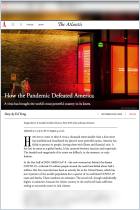
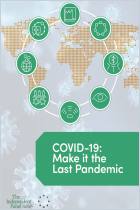
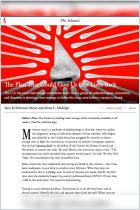
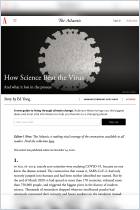
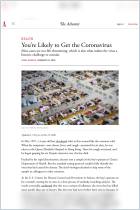
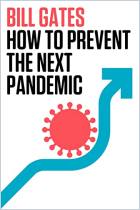
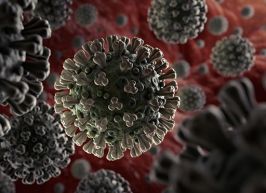
Comment on this summary or 开始讨论